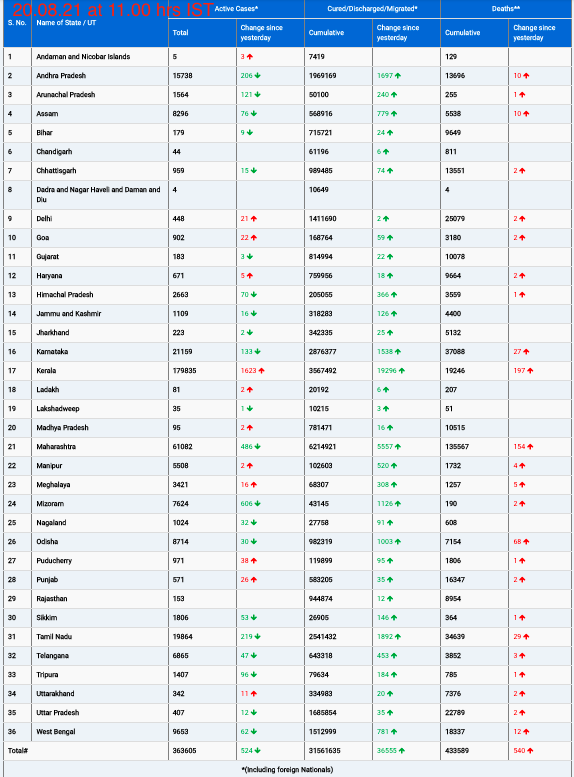New Delhi, INDIA – Health experts revealed on Monday that while the recommended age for human papillomavirus (HPV) vaccination is between 9 to 14 years, women who missed receiving the jabs during this period can still obtain partial protection against cervical cancer.
Cervical cancer, primarily caused by high-risk strains of HPV, poses a significant health burden in India, accounting for approximately 21% of all cases of cervical cancer globally, according to a recent study published in The Lancet Global Health. Alarmingly, the disease also contributes to 23% of cancer-related deaths in the country.
Although the HPV vaccine demonstrates its highest efficacy when administered to adolescents between the ages of 9 to 14, it remains recommended for individuals up to 45 years old, the experts informed IANS.
Dr. Chetna Jain, Director of the Department of Obstetrics & Gynecology at Cloudnine Group of Hospitals, Gurugram, stressed the importance of vaccinating girls between the ages of 9 to 26, emphasizing that the vaccine protects against HPV strains associated with cervical cancer. She noted, “Even individuals beyond the age of 26 and up to 45 may benefit from the vaccine, especially if they have not been previously exposed to HPV.”
Addressing concerns about the vaccine’s efficacy beyond the recommended age range, Dr. Jain cautioned that while older individuals may still derive some protection against certain HPV strains, the effectiveness of the vaccine could diminish with increased exposure to the virus.
Dr. Rinku Sen Gupta Dhar, Obstetrician and Gynecologist at Madhukar Rainbow Children’s Hospital, Delhi, reiterated that individuals who missed the vaccination during the recommended age limit can still benefit from the vaccine, emphasizing that the upper age limit for HPV vaccination is 45.
The experts emphasized that regular cervical cancer screenings remain crucial for early detection and prevention, irrespective of vaccination status. Dr. Rinku highlighted that HPV infections, often asymptomatic, can persist for years and lead to cancer if left unaddressed.
The insights provided by these health professionals underscore the importance of HPV vaccination as a preventive measure against cervical cancer, offering hope for women who missed the opportunity during their adolescence.











